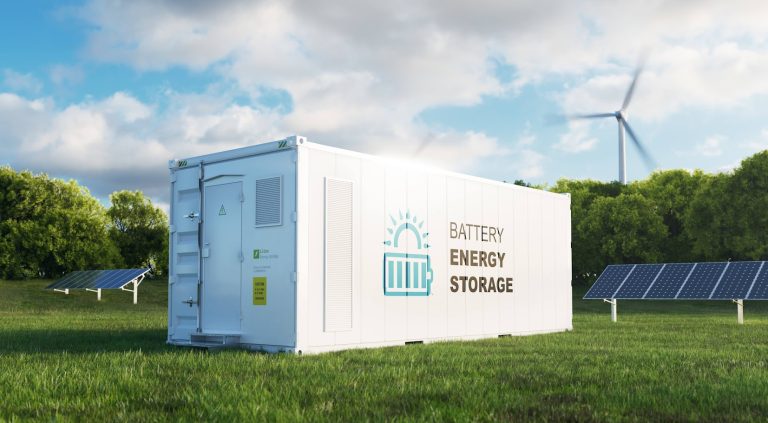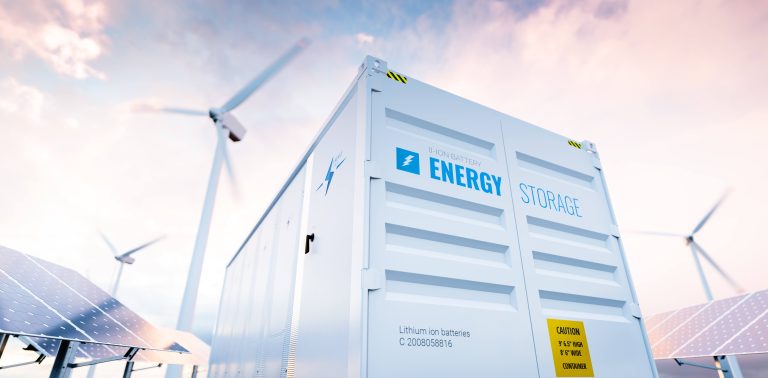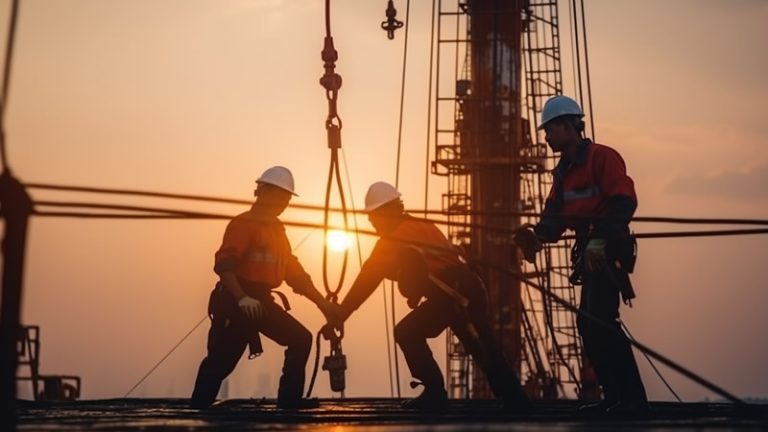In the United Kingdom, the advisory Climate Change Committee (CCC) has issued a stark message: planners must now assume at least a 2°C increase in global average temperature by 2050 rather than the previously assumed 1.5°C. This recalibration matters for long-lived assets. With building stock, grid infrastructure and heating systems designed for one scenario, the shift elevates both the challenge and the potential opportunity for resilient infrastructure and retrofit programmes.
According to the CCC’s advice, homes, schools, hospitals and transport infrastructure must be built or retrofitted to survive more frequent heat-waves, floods, droughts and other non-linear risks. Concurrently, the UK has crossed a milestone in its energy transition, with renewables generating just over 50% of electricity in 2024, up from 46.5% the previous year. Wind power, both on- and offshore, accounted for roughly 29% of generation, nearly matching the share of natural gas. Coal has all but vanished from the grid.
Around 18% of UK greenhouse-gas emissions originate from heating millions of homes via fossil-fuel boilers. The upcoming Future Homes Standard mandates that new homes from 2025 must deploy low-carbon heating systems, such as heat pumps or heat-networks, alongside improved insulation.
Simultaneously, on the global stage, the energy-storage sector is moving into a higher-growth phase. Approximately 92GW of new storage capacity is expected to come online globally in 2025, an increase of around 23 % compared to 2024. With this expansion, the EMEA region is projected to surpass the Americas in cumulative installations by 2035, with markets such as the UK, Germany and Saudi Arabia taking the lead.
Ampeak Energy Limited (LON:AMP) a developer, owner and operator of sustainable energy projects. Transitioning to become a major Independent Power Producer (IPP) with a project development arm specialising in Battery Storage and Tidal Stream generation.








































